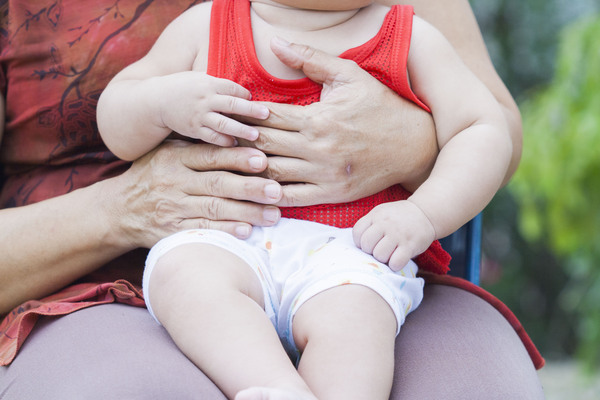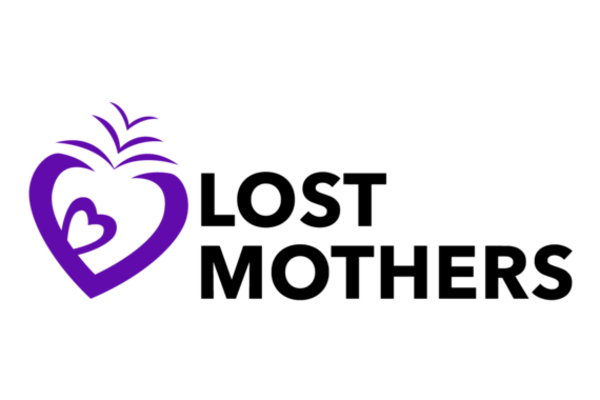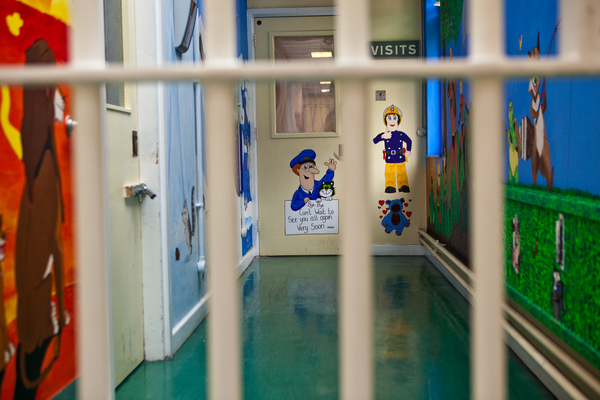We welcome the ‘radical reset’ called for by the final report of the Independent Review of Children’s Social Care, moving away from crisis-point interventions towards a holistic culture of family-focused help and support.
As the review recognises, all too often decisions to remove children from their families are being driven by the wrong things: poverty, a lack of planning and a dearth of the services, particularly early intervention services, that can enable more families to stay safely together. Parents need better representation and support to engage with services and, where necessary, navigate the child protection process. The number of pre-birth specialist teams in local authorities has dwindled to few and far between in recent years, as the number of newborns removed into care at or shortly after birth has more than doubled.
At Birth Companions we know how much impact the step change proposed by this review could have if it leads to investment of time, money and creativity in supporting women facing challenges in pregnancy and early motherhood. Work with women, their babies and their wider families before birth and in infancy can interrupt inter-generational cycles of disadvantage.
Although we recognise the vast scope the review had to cover, we had hoped it would make more specific reference to the complex needs and opportunities associated with pregnancy and the early years of a child’s life. Looking forwards, this will need to be a targeted aspect of the new multidisciplinary ‘Family Help’ offer, drawing in maternity services and perinatal mental health teams alongside the other professionals highlighted in the report.
This is not the only area which needs to be further drawn out in the implementation of the review’s recommendations. We were pleased to be able to host conversations for the review team with women who had given birth or experienced early motherhood in prison, which we all felt to be vital given the significant links between the criminal justice system and children’s social services. Not only are many women who enter the prison system care-experienced themselves, their imprisonment is often a trigger for social services’ involvement, in many cases resulting in temporary or permanent separation from their child. These links, and those with other systems, have not been addressed in the final report. As the findings of the review are translated into practice, there must be greater consideration given to the way children’s social care intersects with other key systems, particularly criminal justice, maternity, public health, and immigration.






